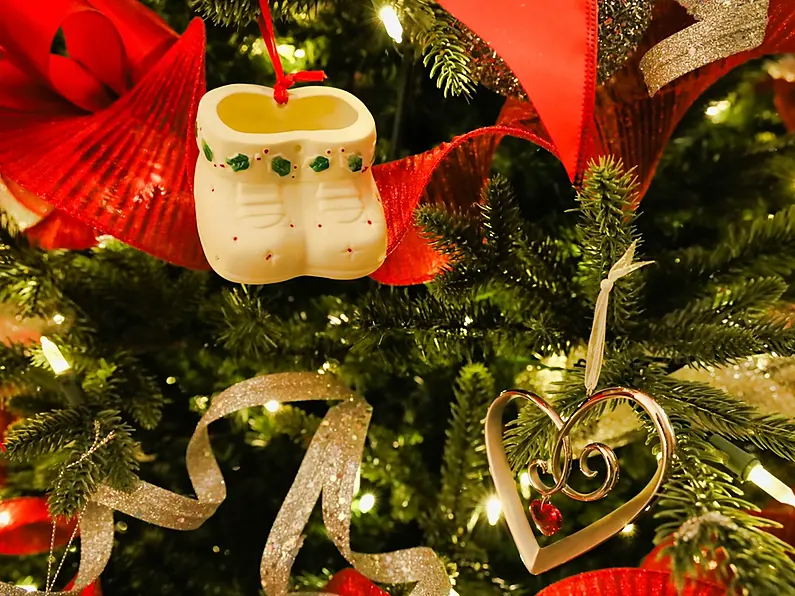Breastfeeding is a skill that you and your baby learn together, and it can take time to get used to.
But it may not be a journey you choose, and that's OK!
How you choose to feed your baby is completely YOUR decision.
Every mom will weigh up what's best, and possible, for them and their little one.
And whether that means you'll breastfeed, express, or formula feed, you should feel empowered by the fact you're doing what's right for you.
7 signs your breastfeeding is going well
It's normal to worry that you're not doing it right, or that your baby isn't getting enough milk.
But to give you peace of mind, here are seven signs that your breastfeeding journey is going well.
- Your baby appears content and satisfied after most feeds
- They’re latching onto the breast properly and you can hear them swallowing
- Their mouth looks moist after feeding
- Your baby is healthy and gaining weight satisfactorily
- They have at least six wet nappies a day
- Your baby is passing a soft yellow stool as often as after every feed or once every few days – both patterns are normal
- Your breasts and nipples aren’t sore.
Warning signs of breastfeeding problems
As we've already said, breastfeeding is a skill that you and your baby learn together, and it can take time to get used to.
In the meantime, there are important signs to look out for that may suggest your baby isn't feeding properly or getting enough milk.
- Nursing sessions are either very short or extremely long
- Your baby still seems hungry after most feeds
- Your newborn frequently misses nursing sessions or sleeps through the night
- You don’t hear frequent swallowing when your baby nurses
- By two weeks of age, your baby is under her birth weight or hasn’t started gaining at least 5 to 7 ounces per week since your milk came in
- Your baby has very few wet nappies - less than 4 in 24 hours - dark and strong-smelling urine, and small, green-coloured stools
- The fullness and hardness of your breasts doesn’t decrease by the end of a feeding
- Severe pain interferes with breastfeeding.
If you are at all concerned, ask your baby’s pediatrician to evaluate them and observe your breastfeeding technique. Or you can speak to a lactation consultant.







